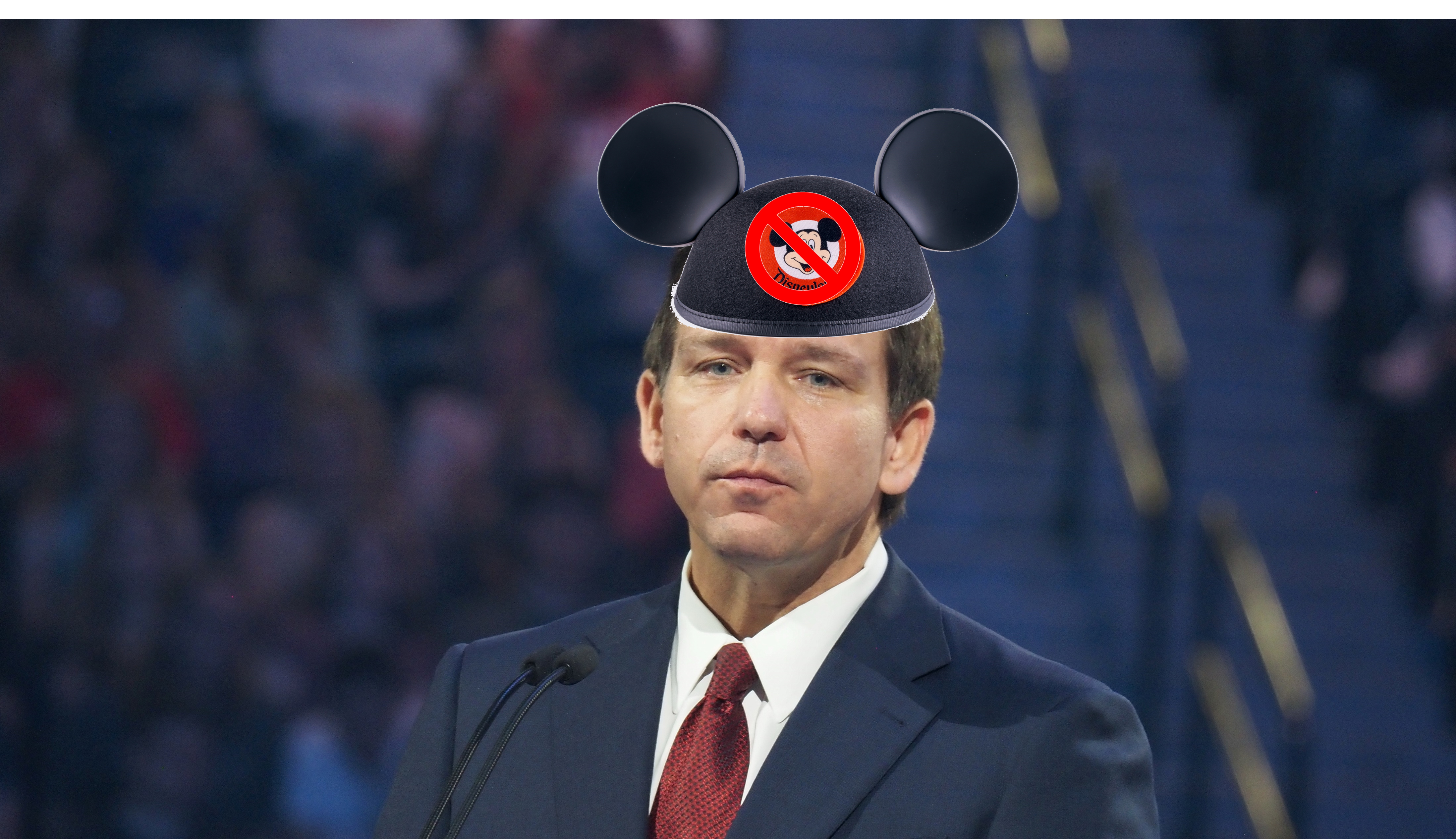
Politics and radio always make for strange bedfellows.
I learned much of what I know from Larry Rosin, who has always equated radio and political competition, strategy, and tactics. The lessons are often obvious, if you know where to look. Unlike radio, where coming in second or even fifth is often considered a victory, politics is a zero sum game. You either win the contest or you’re sitting at home licking your wounds (or demanding a recount).
I have gleaned a great deal from political campaigns over the many years I’ve been writing this blog. Clearly, Donald Trump’s many journeys have made for great blog fodder, not to mention coverage challenges for radio news teams. Public radio stations (and networks like NPR and APM) have also had to work hard to achieve a content balance, thanks to Trump’s machinations.
As we know, the fateful ride down the escalator at Trump Tower in 2015 was just the beginning. Fast-forward eight years, and Trump is the frontrunner again – now holding large double-digit leads over the remaining Republican field. Of course, all this is happening while the former President has been indicted, and is likely to face new charges in other jurisdictions well before the 2024 election.
How Trump’s saga will impact other potential candidates remains to be seen. But as of the beginning of this year, Florida governor Ron DeSantis has consistently placed second, even before throwing his hat – or mouse ears – in the ring last week. His official announcement had been long anticipated by many Republicans, as well as the news media. In order to best Donald Trump, it required a well-oiled, politically savvy campaign organization.
On Wednesday, the DeSantis campaign got underway with much fanfare. But the launch was marred by problems that are now “teaching moments” for how (not) to sign on a new radio station – or anything else for that matter. If you’ve worked in the radio business for a minute, you’ve no doubt been part of a new station startup. And while consumers have selective memories, the fact is many still recall memorable station launches that were well-played. The botches? Not so memorable.
Whether you’re a fan of the outspoken Florida governor or not is neither here nor there. What I hope you’ll focus on this post this morning is how the strongest competitor to Donald Trump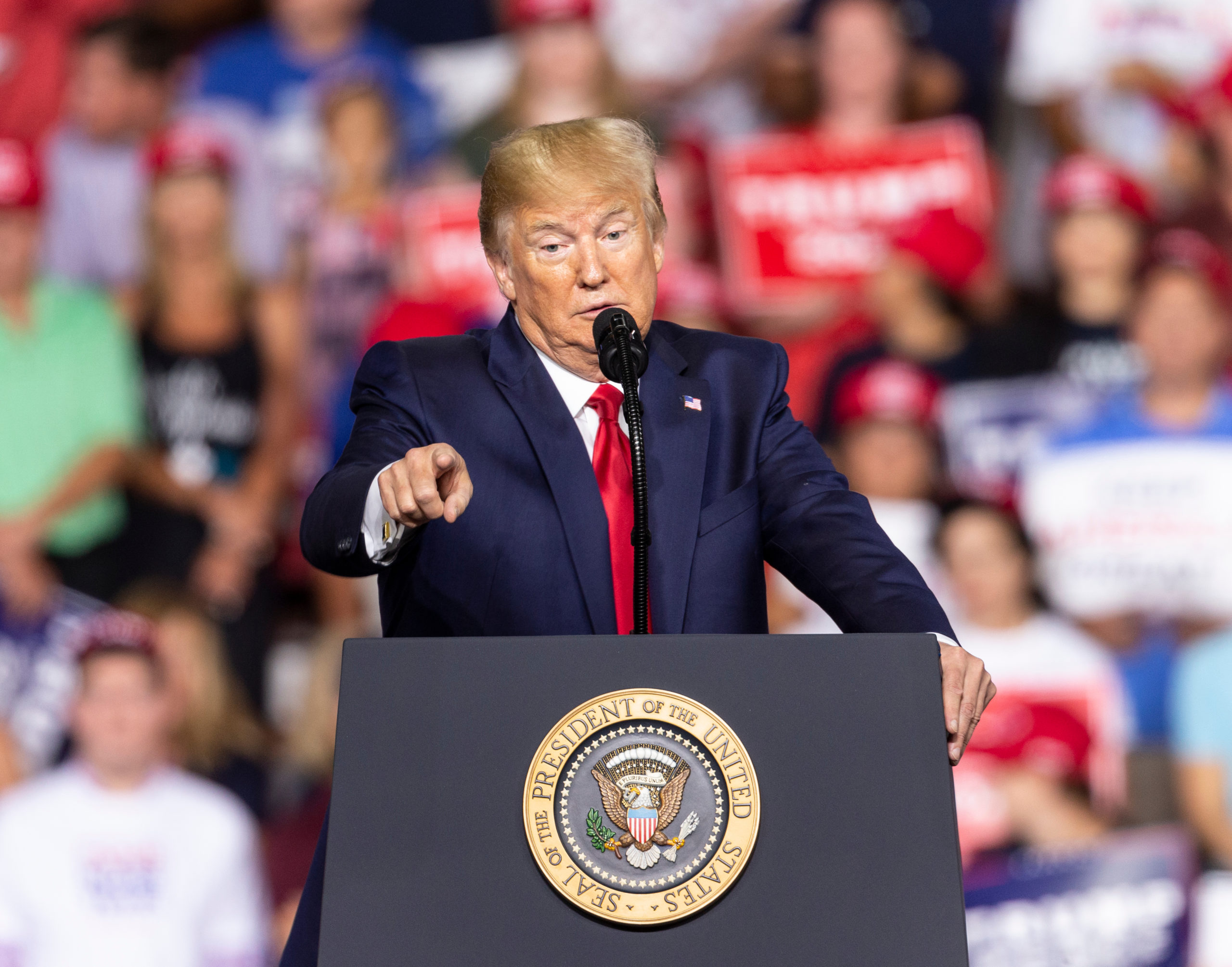 orchestrated his long-awaited decision to run for the White House. And what it says about radio station kickoff campaigns.
orchestrated his long-awaited decision to run for the White House. And what it says about radio station kickoff campaigns.
In recent years, new radio station launches have had less impact than in the past. I started thinking about why this is. First, it’s likely there are more of these than there used to be, especially in this age of market clusters. Second – for the same reason perhaps – a new station rollout isn’t as important when a company now owns five or six stations in the metro. In the old days, broadcasters owned just a single FM in town. There was a LOT riding on not just selecting the best new format, but making a huge deal when it debuted.
These days, radio station format launches tend to be less spectacular and more pedestrian. Many stations use similar tactics – often a commercial-free stunt that accompanies the new format. (And it always goes away.) Most of the time, personalities, features, and other accoutrements are added over time. The key is often getting that new format on the air, then course-correcting over time. Efficient, perhaps, but far from exciting and attention-getting. Few station launches over the last decade (at least) have stood out as exciting, memorable, or important.
It’s different in politics. And last week, we saw how the DeSantis team tried – and failed – to seize the opportunity to make a run at Donald Trump. No matter what you think of the former president, he has proved to be a formidable, take-no-prisoners campaigner, always on the attack. As his most viable foe, all eyes were on DeSantis last week.
What strategies and tactics would he use to make a memorable entrance on the national stage? In recent weeks, Florida’s governor has hit several speed bumps, especially with an international trip that feel short of expectations. There was a lot riding on this launch.
So, how did DeSantis approach this key opportunity to make his mark on a presidential nomination that’s looking more and more like another Trump runaway? Here are 10 things the Ron DeSantis campaign might have reconsidered before undertaking its sorry launch last week:
1. The importance of a first impression – This one’s a cliché for a reason. You don’t get a Mulligan if you botch the launch. And despite the import of nailing the moment, DeSantis not only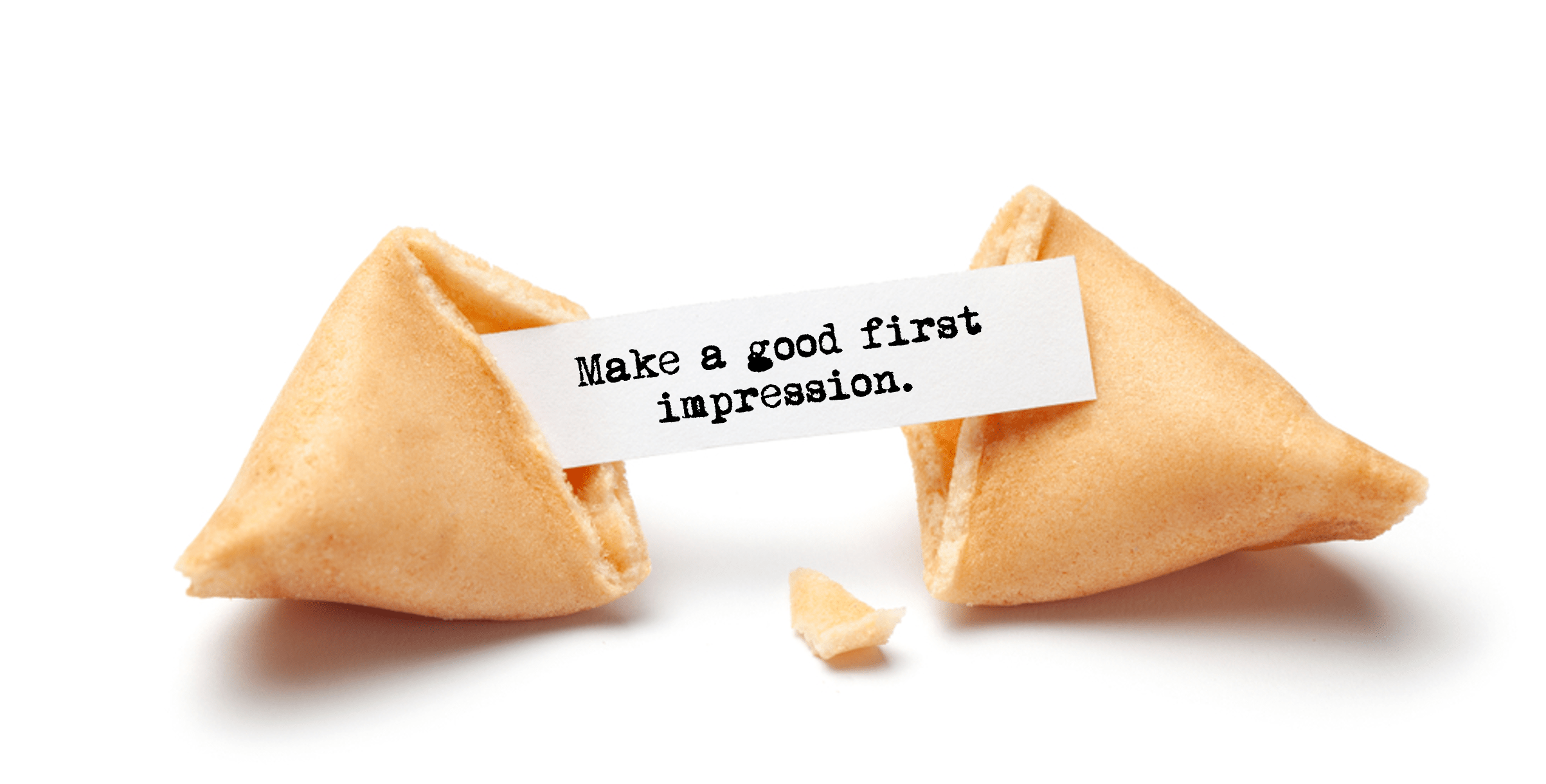 came up short, he missed the moment. His announcement was livestreamed (audio only) over Twitter. He was joined by that social media platform’s new owner (you know who that is). The event itself was delayed nearly 30 minutes by technical problems, decreasing the available audience considerably.
came up short, he missed the moment. His announcement was livestreamed (audio only) over Twitter. He was joined by that social media platform’s new owner (you know who that is). The event itself was delayed nearly 30 minutes by technical problems, decreasing the available audience considerably.
These events are mini-tests for how politicians and their teams might handle a bigger challenge. And no matter how you look at it, last week’s DeSantis coming out party was an epic fail. When it comes to making that all-important first impression, as the phrase goes, “there is no second chance.”
Similarly for a new station launch, in those rare moments where they’re poorly handled and go wrong, it’s truly a setback for a new format.
2. Use the biggest platform you can find – This is that rare moment when all eyes are on you. You want to reach as many voters (listeners) as possible. When it’s time to take the tarp off your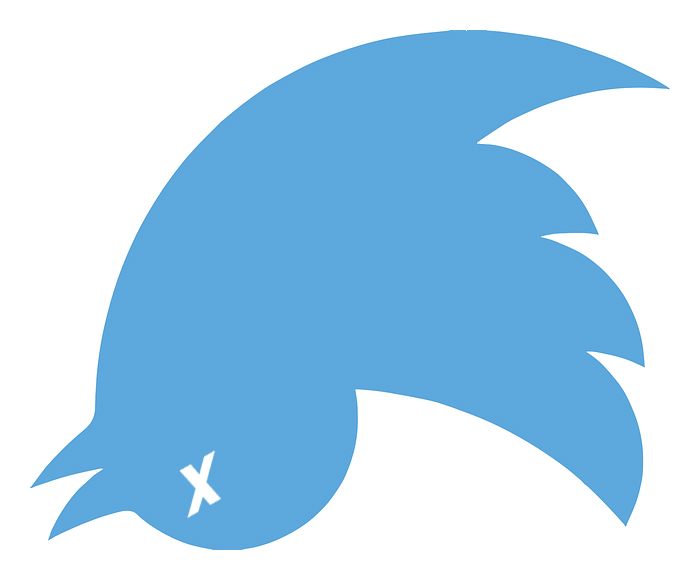 big announcement, you want to use the biggest stage available. That’s not Twitter. This was DeSantis’ chance to reach a wide swath of Americans. Instead, he used what has always been a secondary social platform.
big announcement, you want to use the biggest stage available. That’s not Twitter. This was DeSantis’ chance to reach a wide swath of Americans. Instead, he used what has always been a secondary social platform.
If you’re been following our Techsurveys since they launched in 2005, you know Facebook is the big dog in the social media arena. From its debut, Twitter has always been niche, something Musk is trying to do something about. While the rollout of a national presidential campaign may be good for Twitter, it was most certainly not good for DeSantis.
Given the proliferation of news media outlets on Twitter, it’s logical the platform is probably not especially popular among the Republican base either. And that’s another reason why DeSantis’ choice of Twitter was a poor one.
3. The announcement was via audio – not video – Surprisingly, the DeSantis team livestreamed his coming out party using audio-only. Everyone knows you reach more people and deliver a more vivid message via video. Why this momentous occasion was limited to audio is anyone’s guess.
Did Musk convince the DeSantis team audio would suffice? Even had everything gone off without a glitch, narrowing its scope to audio is another highly limiting factor. It also lessens impressions of the event in the days afterwards. After all, video is the best format for social media sharing.
4. What was Musk doing there? When you’re running for the nation’s top office, it’s about YOU. Instead, DeSantis was joined by Musk who clearly deflected attention, detracting 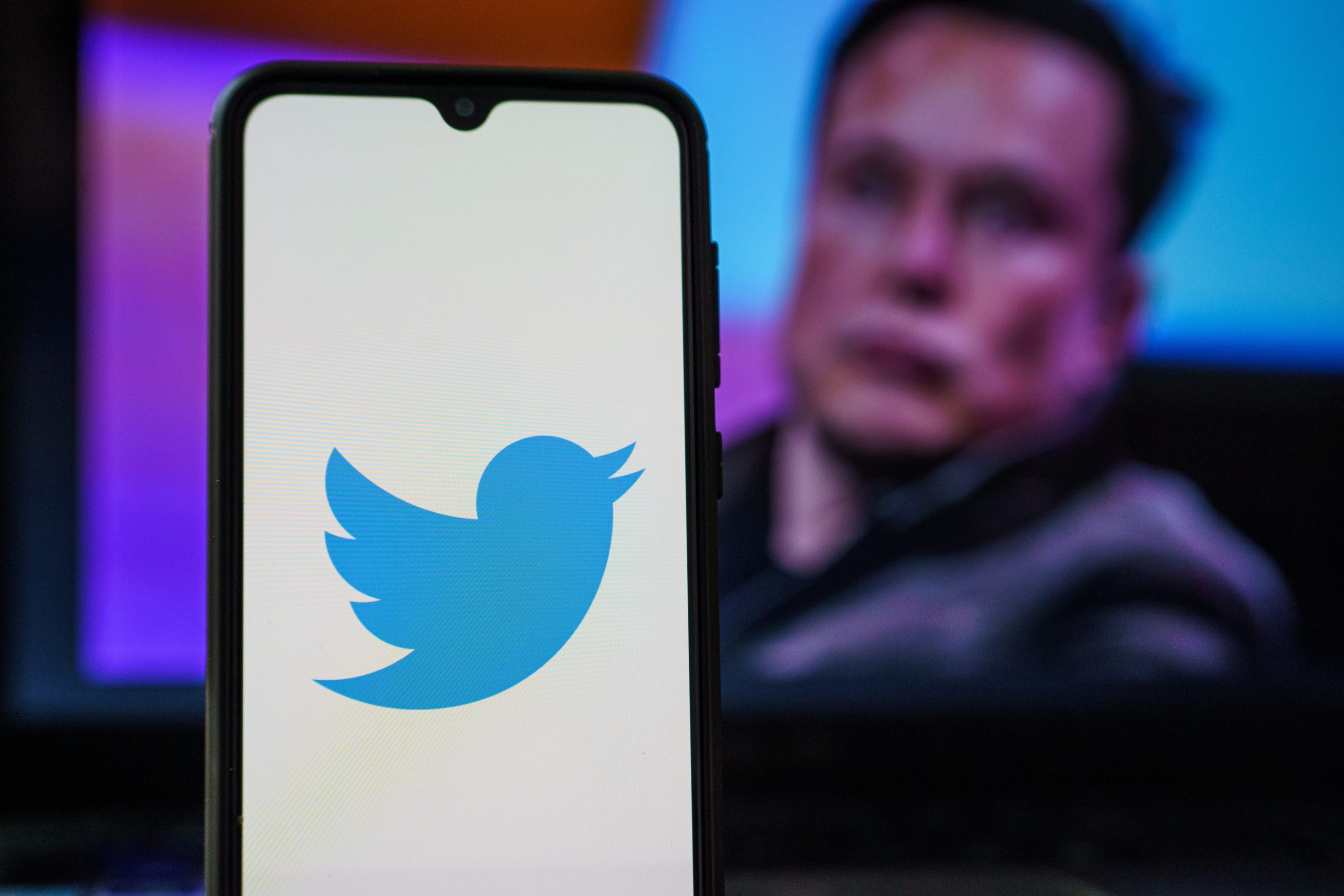 from the Florida governor. Plus, Musk didn’t exactly endorse DeSantis, so it was more an oddity than a show of strength.
from the Florida governor. Plus, Musk didn’t exactly endorse DeSantis, so it was more an oddity than a show of strength.
A radio station would not share the spotlight with another station or high-profile personality for obvious reasons. The message that needs to come across to the public is the new format – and in this case, Trump’s new rival.
5. Please excuse our technical difficulties – On top of everything else, the “show” was very late, which must have chased off a lot of people who bailed out after 15, 20, or more minutes. As it turned out, the original livestream event was aborted, and a new one began. In the process, half the original audience vanished. Most radio stations in the top 30 markets have been bigger cumes on the average Wednesday than DeSantis pulled in last Wednesday.
6. Just spell my name right -There IS such thing as bad press, as DeSantis learned last week. From Democrats, his Republican competition, the news media, and many regular folks who tuned in, eventual coverage of DeSantis’ presidential rollout was disastrous.
7. Where was the rehearsal? Media people know the more moving parts, the more that can (and probably will) go wrong. It is essential to conduct technical run-throughs to ensure glitches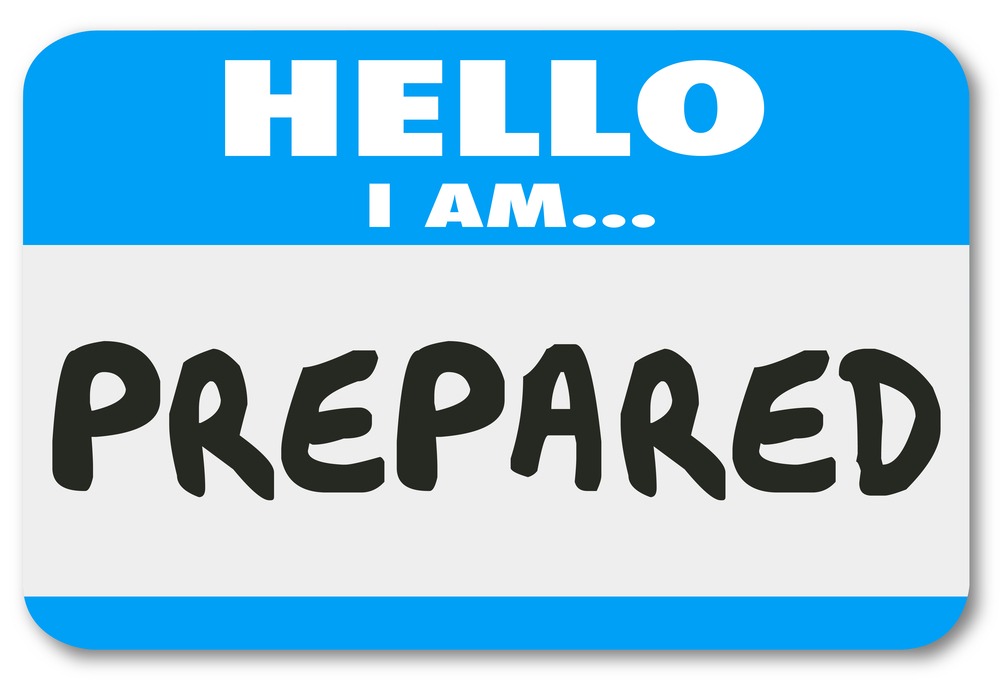 and snafus don’t happen. Hard to believe, but according to coverage in Politico, Twitter’s teams “did no advance prep.”
and snafus don’t happen. Hard to believe, but according to coverage in Politico, Twitter’s teams “did no advance prep.”
As we know, Twitter has many fewer employees on staff since Musk took over. Whether that factored into this debacle is for those with inside knowledge to judge. But a lack of prep is almost always a culprit when an unusual technical event on a big scale fails.
8. Will the most memorable thing be the botch job? After the event, DeSantis spinmeisters suggested the event “broke the Internet,” when in fact, the announcement itself went sideways. 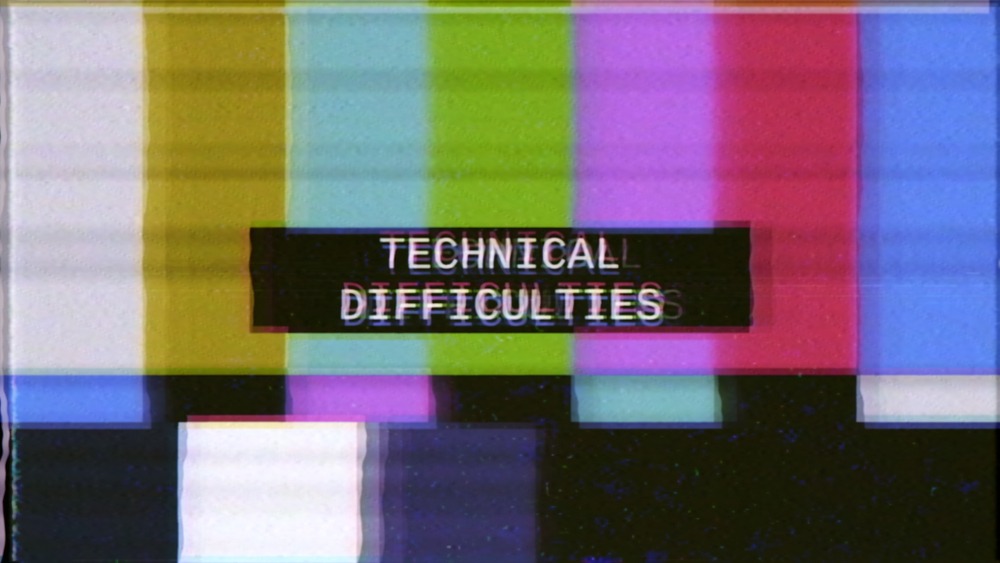 Rather than showing your campaign is competent and able, an incompetent launch suggests the opposite.
Rather than showing your campaign is competent and able, an incompetent launch suggests the opposite.
It’s the same when a new station announcement is booted. That’s what people end up remembering. Twitter has had a rough go since Musk took over last October, and it did nothing to redeem itself last week for DeSantis’ campaign rollout.
9. Is success still possible, even after this disaster of a launch? Of course, while DeSanatis’ Twitter folly will be remembered, campaigns have long lives. And DeSantis has handled his share of challenges in Florida. But by stumbling out of the starting gate, he makes it that much more difficult for himself.
10. Be careful of stunts that may backfire. New format launches are sometimes accompanied by a clever stunt designed to garner more attention by making lots of noise. But as programmers know, poorly planned stunts can go south. If you’re going to put a radio host on a billboard to persuade a popular band to tour your city, you need to have a pretty good idea of what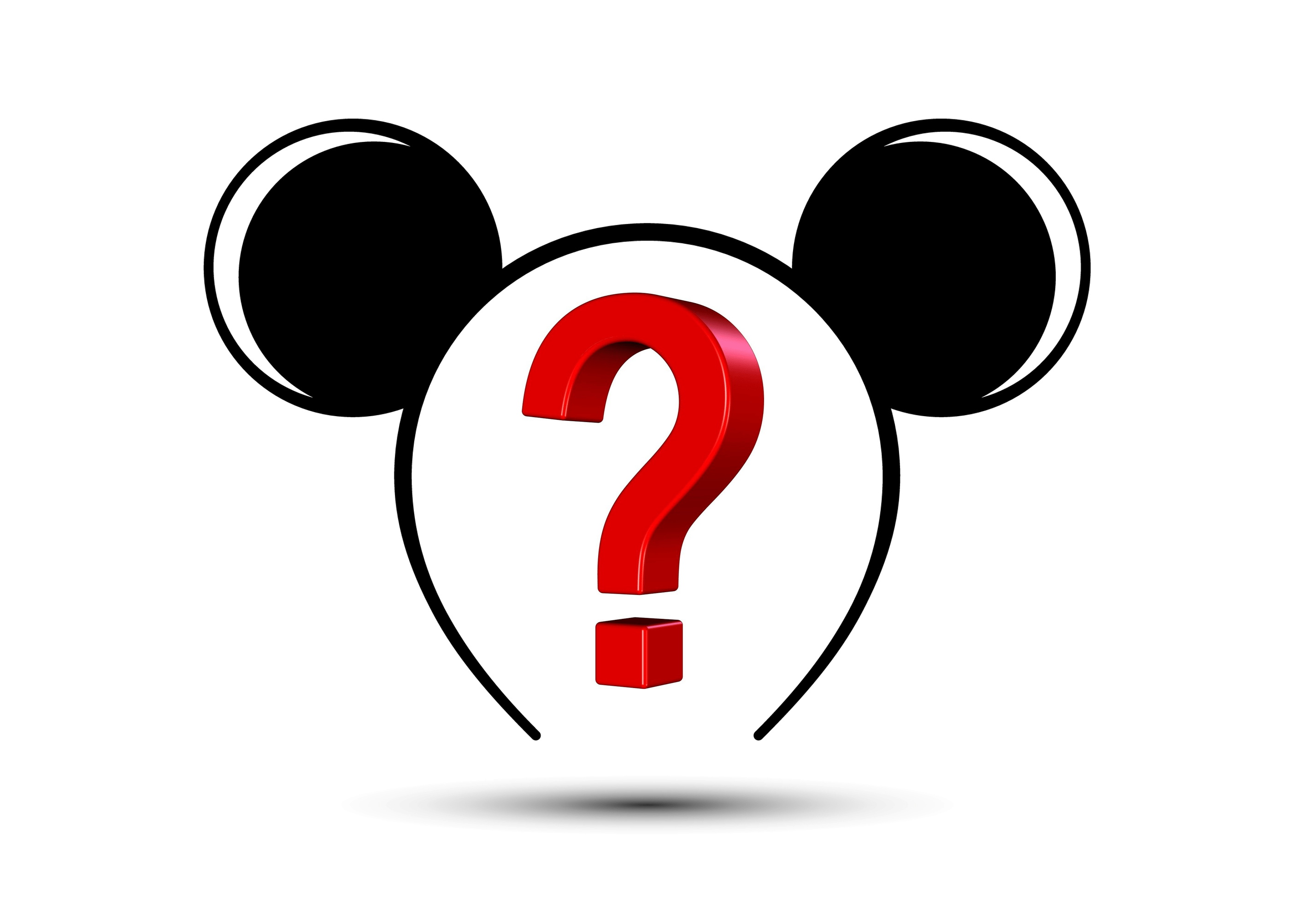 the outcome will be.
the outcome will be.
In DeSantis’ case, the “stunt” may be his ongoing war with the biggest employer in his state – the Walt Disney Company. The back and forth with Disney has gone on for more than a year, and recently culminated in the company pulling a $1 billion development project in the Orlando area.
I’ve stayed minutes from Disney World twice in the past month, surrounded by thousands of families excited to visit “the happiest place on earth.” Despite the controversy with the governor, Disney crowds continue to be robust, enthusiasm for the brand appears to be strong, and tourists from around the country and the world cannot wait to spend small fortunes in and around the park, while having the time of their lives with their families in tow.
Brands need to weigh the importance of taking stands. They also need to have a sense for how an entanglement like this one is going to be resolved. I’m not saying DeSantis doesn’t have an escape hatch here. And perhaps he is so all-in with his war on Mickey Mouse he welcomes the controversy, the noise, and the attention. But in the main, it doesn’t seem like a campaign pivoting on fighting Disney will resonate with most Americans.
As for radio, there will undoubtedly be scores of new station launches before the votes are cast in November 2024. Which, if any, will be memorable and impactful remain to be seen.
If your company is destined to change format in the not-so-distant future, there are a lot of details to attend to and decisions to make. Like political campaigns, there’s a lot to learn.
And unlearn.
- Media And Technology In 2025: Believe It Or Not! - April 18, 2025
- In Radio, You Just Never Know - April 17, 2025
- The Secret To Making A Great Podcast (And Great Radio) - April 16, 2025




Love it. Many comparisons with politics and the NFL. Media success is all about what people believe about your product. When KHJ launched in 196 5 they “rehearsed” for weeks. When “The Power Pig” launched in Tampa, they had it all planned out. KCBQ’s “The Last Contest” wasn’t something that was planned overnight. Today it’s fire the jocks, load up the automation and run for XXX days commercial free hoping it catches on. Fred, your comment about how a station launch “used to be everything” – when in 2023 it should STILL be -everything. In 1984 we launched a campaign in Cincinnati that apparently was so good that our competitors BUGGED the kickoff dinner. Did it work? Within the year we were #1. There’s no excuse for a botched kickoff is there ?
Nothing guarantees 100% perfect execution. But if you don’t prepare, your chance of failure is so much higher. Thanks for this, Dave.
Great comparison. In the past, station launches I’ve done were preceded by practice for a week or more in a studio feeding only a recorder(cassette?) which was used to aircheck the team.
Also, if you MUST attack an incumbent, pick a fight you can win. Don’t assume you can create a point of contention unless you have research that says there is a weakness the competitor cannot easily correct. Picking Disney was just stupid. You mess with the mouse, you get the poop end of it.
Thanks for this, Jack. I think we all realize there will always be gut decisions, but when you’re up against someone who has as much loyalty as Trump, you better know where you’re going.
The thing I said after hearing about the botched DeSantis campaign start was that had the campaign used regular radio (AM/FM) to make the presidential announcement,there would have been no glitches or delays.
Radio broadcasting is a tried and true medium that has proven itself over and over again,DeSantis could have easily gone on a friendly conservative radio show with all the bells and whistles in the early evening to make his announcement.
I agree the announcement should have been on video,but that is what the Desantis campaign decided on.I bet Elon Musk told the campaign that the airtime for the presidential announcement would be free,hence his appearance on the program.Musk didn’t care how the program went,he just wanted the publicity of being part of the announcement.